We’re pleased to bring you the second in a series of candid, in-depth interviews with this year’s Sirens Guests of Honor, covering everything from inspirations, influences, and craft, to the role of women in fantasy literature, and discussing our 2019 theme of heroes! We hope these conversations will be a prelude to the ones our attendees will be having in Denver this October. Today, Sirens co-founder Amy Tenbrink speaks with Ausma Zehanat Khan.
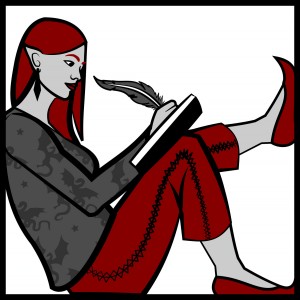
AMY: What does heroism mean to you? Does the gender of the hero affect your definition?

AUSMA: It means different things depending on the context. There are the heroic acts of everyday life, where you’ve lost a loved one, and you battle through the pain for the sake of your children or others who matter to you. Or you step in for absent or incapable parents when no one else will, to nurture a child to their full potential. You stand with a friend who’s being bullied at school, or you attend an interfaith event after a synagogue or mosque has been vandalized. There’s heroism in all these things. But in a political context, I would consider dissenting voices in the face of mainstream conformity heroic. And through years of research in the field of human rights, the people I find heroic are often the most marginalized or vulnerable in their societies, with the organs of the state working to harm them further, and they still have the courage to stand up for themselves and others, despite the severe price that will be paid—torture, murder, disappearance. . . a long list of cruelties and abuse. So aid workers, journalists, artists, university professors and teachers, labor organizers, women’s rights activists, and human rights activists of all kinds, represent heroism to me.
When it comes to gender, I consider most women heroic. When you look at systems of oppression that have historically operated against women and continue to do so to this day around the globe, it’s easier to understand the context of that heroism. The denial of education to women and girls, the lack of fair employment and career opportunities, the lack of employment parity or adequate childcare, sexual harassment in the workplace . . . then there’s child marriage, sex trafficking, the aborting of female children, the curtailment of reproductive rights, domestic violence, sexual violence, rape culture and a surrounding environs of toxic masculinity, plus oppression in the name of religion, and on and on. The fact that women still transform their societies for the better while battling these challenges, which are amplified for women of color and other marginalized groups, is the kind of heroism we take for granted, but shouldn’t.
AMY: You’ve spoken about your faith and your work as Editor-in-Chief of Muslim Girl magazine. Islam features prominently both in your mystery series, in which Esa Khattak is a practicing Muslim, and in your Khorasan Archives series, which seems to be set in a fantasy Middle East and Central and South Asia. What do you want to convey when you write about your faith?
AUSMA: In both my series, I write about identity, faith, exclusion and belonging, power and oppression, and the experience of being Othered. Part of that experience of being Othered is to know that my speech and actions reflect on the Muslim communities I come from, and to give that due weight as a consideration, even when I’d like to be less serious or a little more playful. I’m conscious of the gaze that may be reading my words. I’m conscious that writing for me is not only the opportunity to tell a story, but also the opportunity to change a narrative about people like me, i.e. Muslim communities in the West, that is so often dehumanizing and destructive. So my writing is a speaking back to a prevailing climate of anti-Muslim animus founded on ignorance and fear.
I try to overcome that ignorance with stories that draw upon the richness, beauty, and pluralism of my tradition and heritage. I often describe my work as a kind of counter-narrative . . . because the dominant narrative about who I am or where people like me belong isn’t something I recognize as truthful or authentic. It’s fearmongering, it’s prejudice, and in some cases, it’s hate.
At an event recently, I was asked if I felt the need to justify my humanity in some way or to justify Esa’s humanity, and I have to admit the question rocked me. “Is that what I’ve been doing all this time?” I asked myself. “Justifying my own humanity? And if yes, how did I fall into that trap?” Later, when I’d thought about this question more, I realized that although the trap was there in front of me, I was simply telling stories in my own voice about things I knew intimately from the inside, things that I thought mattered. If that felt like a kind of apologetics, that said more about the surrounding context in which a question like that could be posed than about the work I was engaged in.
Sometimes I just want to sit down and write without carrying all of this, but I don’t think I’d be writing at all if I wasn’t addressing precisely the question you’ve asked.
AMY: One of the prominent themes of The Bloodprint, the first of the Khorasan Archives—and indeed, of The Unquiet Dead, the first in your non-speculative mystery series—is the intersection of ignorance and complaisance. So much of The Bloodprint is Arian’s (and the reader’s) dawning horror that, within a generation or two of the advent of authoritarian rule, many of her people have accepted the terrible changes: They don’t remember (or care to remember) any differently; they’ve found the changes not so bad; they’ve adapted, acclimated, adjusted to their new reality. Arian finds herself fighting not just the Talisman, but the ignorance and complaisance of her own people. Why is this theme so important to you, and how much, if at all, does your work reflect the past or present state of the world?
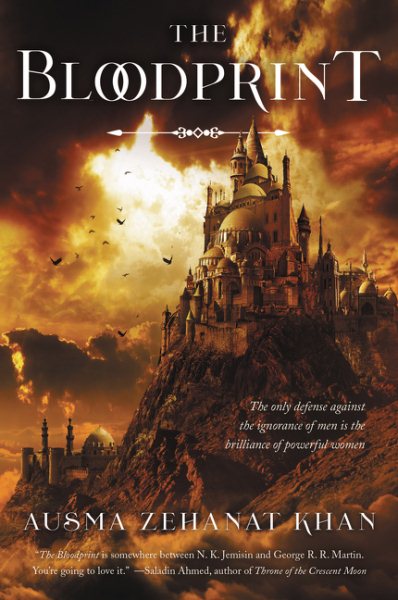
AUSMA: With the Khorasan Archives, I set a difficult task for myself. As a Pashtun/Pathan1 woman, I wanted to examine the patriarchal elements of Pashtun culture that have been warped to extremes by the Taliban, but somehow manage to accomplish this without demonizing Pashtuns in general, and with some understanding of the social and political factors that would drive generations of young men to join a group like the Taliban. Central to that was an examination of the Taliban’s rigid and dehumanizing interpretation of Islam, an interpretation that strips women and minorities of their status as equal human beings entitled to dignity and freedom, and whose view of religion and society is fundamentally nihilistic and joyless.
It is extremely challenging to write a series that attempts to be self-critical and reflective in a prevailing climate of anti-Muslim animus, but as much as I’ve been looking outward at Islamophobia and anti-Muslim racism with my crime series, I’ve also been looking inward at problems of patriarchy and orthodoxy and how both have contributed to the dehumanization of women and minorities in many Muslim-majority societies. There’s a lot of debate about whether vulnerable communities should air their dirty laundry in public, but one, as a person of faith, I am for justice even when it is against myself, and two, these are conversations we need to be having to halt or reverse the present moment of crisis and decline in parts of the Muslim world.
This crisis and decline can be attributed to several factors, a few of which I’ll mention briefly here. 1) One of these factors is the entrenchment of authoritarianism in some parts of the Muslim world, and the use of fundamentalist orthodoxy as a cudgel to beat down Muslim populations who aspire to dignity and freedom. This same rigidly intolerant creed also serves to oppress vulnerable minorities like Yazidis, Hazaras, or in some places Shia Muslims. This is the antithesis of everything I know and believe about the grace, beauty, pluralism and ethical framework of the Islamic faith. So as someone who is deeply engaged with these issues, my writing has to find a way to address them. This was the idea at the heart of the Khorasan Archives. But note that in my series, redemption comes from within, it is not imposed by external forces who possess more enlightened views or who have built more egalitarian societies. Arian and Sinnia and all the women of the Council of Hira have the gifts, tools and knowledge to reclaim their tradition from the established patriarchy and to use it as a means of empowerment and deliverance. That’s the whole point. If we move away from Jahiliya (the Age of Ignorance), the things we already venerate and hold dear are the answer to tyranny and despair. The only way to defeat the forces of ignorance is with an ethical reading of our own tradition. That was what I wanted to write about.
2) Having said that, those who argue or even campaign on the premise that ‘Islam is the problem’ are willfully ignoring the social and political conditions that have led to the present moment of crisis and decline that I’m speaking of. (Of course, the Muslim world reflects tremendous diversity, and no singular analysis applies to all parts of it—I am only speaking to those parts of it that represent this moment of crisis.)
There are social ills that have contributed to this crisis: poverty, economic stagnancy, the drug trade in Afghanistan in particular, high rates of illiteracy, war generations come to manhood with few other prospects than war or criminal activity, and corrupt governments that often operate as kleptocracies, who ruthlessly exploit religion and/or religious divisions in order to maintain power and control over resources that should rightly be allocated to the common good. In circumstances like these, a group like the Taliban was likely to come to power. There might even be periods when a group such as this would be welcome because it could provide stability in lieu of endless war.
So to return to your question about the Khorasan Archives, I don’t think that acceptance of the Talisman’s control represents complacency, or at least, not just complacency. To me it represents human despair at the lack of any other option—with the even more troubling understanding that the Talisman are Arian and Daniyar’s people. People become inured to hardship and suffering because that may be all they’ve ever known. In my series, the Talisman seek to control knowledge because knowledge is the key to freedom. By the same token, the poverty and illiteracy they promote ensures that they maintain their power and privilege. It’s a lot to grapple with, I know, particularly in a fantasy series that also includes magic, blood rites, ghost cats, and romantic rivalries, but I felt like it was a story that I was uniquely positioned to tell. It was just important to me to tell it from the inside.
1 In the Pashto or Pakhto language, ethnic Pashtuns are called Pashtuns or Pukhtuns. Urdu-speaking Pashtuns, like my family, use the term Pathans to identify ourselves, but the term Pashtun is more broadly known.
AMY: In reading The Unquiet Dead, it inquires relentlessly into what “justice” means, for both the dead and the living. Further, I would assume that your background in human rights law, with a research specialty in the Balkan War, vastly informed, at the very least, The Unquiet Dead, and perhaps more of your work. What does justice mean to you?
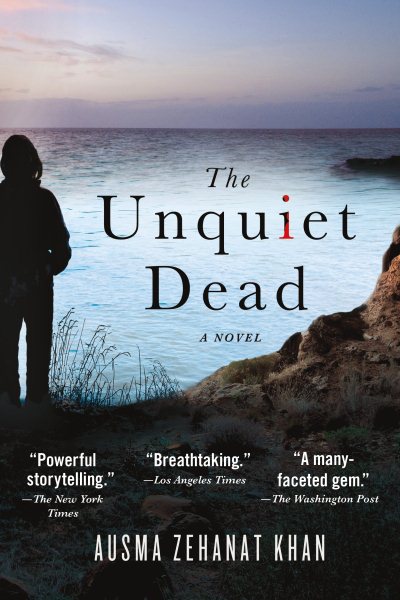
AUSMA: This is a question with a lot of depth to it, so I’ll try my best to grapple with it. We often see justice defined in these rigid or binary ways that fail to take into account other important factors, such as the imbalance of power between different groups in society, or the surrounding political context of socioeconomic deprivation, or in the case of certain societies, of the ruthless suppression of political and civil rights. So depending on the context and the issue, justice may both look and feel very different to different groups in society, depending on the place they occupy. What I mean in particular is that what seems so clear to someone with power, privilege and control feels very different to the person on the receiving end of those things, or whose interests conflict with those in power.
When we see a foiled terrorist plot for example, as in my novel The Language of Secrets, we want the hammer to come down swiftly and hard on the young men involved in the plot, regardless of how or why they were radicalized. Political commentary, public response, media coverage . . . isn’t willing to afford the same space to reflect on the humanity of these young men as might be afforded to someone like Dylann Roof or Alexandre Bissonnette, two young men who enacted violence against vulnerable communities. In the case of the crimes Bissonnette or Roof committed, we did see an exploration of the circumstances that had shaped them—an exploration that afforded them their humanity—without much attention being paid to the larger problem of the radicalization of young white men. So if we think that race, class, religion, and other social indicators don’t affect how we determine justice, we haven’t been paying attention.
To me, true justice allows for compassion, complexity and nuance. It centers our humanity. Depending on the circumstances, it could include rehabilitation, re-integration, restoration or even amnesty, if there is accountability first. Justice can be redemptive, as in my novel, A Dangerous Crossing, which addresses the devastating war in Syria and the refugee crisis. It can be restorative, as in A Deadly Divide where a mass murderer must account for their deeds, or it can be experienced as a pro forma ritual carried out without the long-term impact that a community in need is looking for, as in The Unquiet Dead. The Unquiet Dead was about a local crime linked to the Bosnian genocide, and the question I was exploring was why it wasn’t enough to mete out traditional methods of justice to the criminals who had enacted that genocide—why didn’t it feel like enough to the victims of those terrible crimes? The idea that justice should look the same to everyone fails to account for the depths of the horrors experienced. . . it also suggested to me that while observing the forms of justice is extremely important, there are still some crimes for which nothing can atone, crimes for which there should be no impunity. So in my books, these are the issues I’m wrestling with . . . how to convey that complexity and nuance, and how to decide where that line should be drawn.
AMY: Why did you delve into speculative fiction to write The Bloodprint (and its sequels, beginning with The Black Khan)? What can you do in a fantasy realm that you couldn’t in your mystery series?
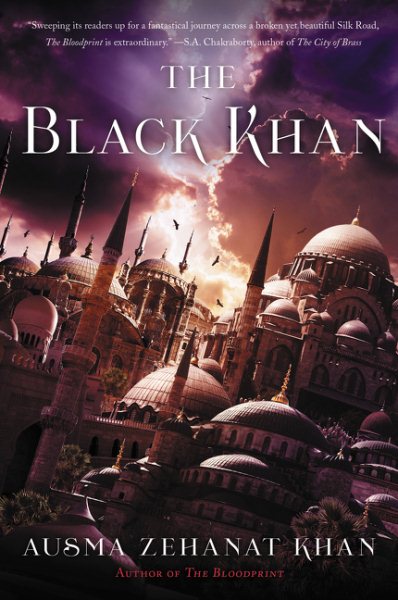
AUSMA: My mystery series closely parallels real life events, so I have to do an enormous amount of research and fact-checking to ensure that I have credibility in telling these stories in a way that they’ll resonate. What I love about writing crime fiction is that it’s the perfect vehicle for exploring the meaning of justice, and for understanding the nuances of justice when applied to different communities. Creating a diverse cast of characters also allows me to explore the different points of view around an issue without, in most cases, casting judgment, though there are some issues such as war crimes or crimes against humanity where the record is clear, and I don’t hold back. Mainly, my stories offer the opportunity for reflection or for viewing a subject from the perspective of voices that are usually marginalized.
So all those considerations weigh upon my mind when I’m writing a crime novel and that weight has only deepened as my series has progressed.
My fantasy series isn’t much lighter in tone or in terms of subject matter, but there’s more freedom to be inventive with the worlds I build. I’m free to indulge my imagination in writing these books, which don’t have to adhere as closely to reality.
I also turned to fantasy because I’m interested in the history and mythology of the Islamic civilization, and particularly of the different cultures along the Silk Road. There’s such richness and texture to these histories that the epic sweep of fantasy felt like the perfect medium through which to explore them. I often say that my mystery series looks outward to the tensions that exist between different communities, but with my fantasy novels, I’ve been looking inward to a culture, heritage and history that I know and cherish. And of course, with fantasy, there’s much more room to play.
AMY: Sirens is about discussing and deconstructing both gender and fantasy literature. Would you please tell us about a woman or nonbinary person—a family member, a friend, a reader, an author, an editor, a character, anyone—who has changed your life?
AUSMA: It would definitely be my mother. I come from a conservative Muslim family and an even more conservative Pashtun culture, and there were things about this in my upbringing that limited my choices and the risks I was allowed to take. Things like studying away from home or studying abroad. But even though my mother’s upbringing was so different from my own, she whole-heartedly supported me in completing the education I wanted to complete in the face of external pressure for me to get married relatively young. My mother had an arranged marriage at the age of 18, which was the custom at that time, whereas I married a man I chose for myself when I was 31. My mother’s marriage was filled with laughter and love, and my siblings and I grew up in a home that was imbued with its blessings. But that doesn’t mean that things weren’t very different for my generation than for hers—so the extent to which she must have struggled with her children’s independence is something I’m only beginning to appreciate.
I realize now that my mother’s ability to adapt to these huge cultural and generational shifts is a reflection of her strength of character, her intrinsic sense of her own worth, and her willingness to take risks that must have seemed overwhelming at the time. She wanted me to have choices that she didn’t have, and I can only hope to be as courageous when it comes to thinking new thoughts or standing up against the sometimes suffocating weight of tradition.
Ausma Zehanat Khan holds a Ph.D. in International Human Rights Law with a specialization in military intervention and war crimes in the Balkans. She is a former adjunct law professor and was Editor-in-Chief of Muslim Girl magazine, the first magazine targeted to young Muslim women, and is the award-winning author of both the Khorasan Archives (The Bloodprint, The Black Khan) and the Rachel Getty and Essa Khattak series (beginning with The Unquiet Dead). Originally from Canada, Khan now lives in Colorado with her husband.
For more information about Ausma, please visit her website or her Twitter.









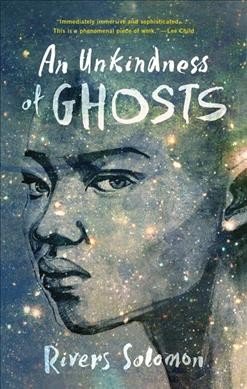
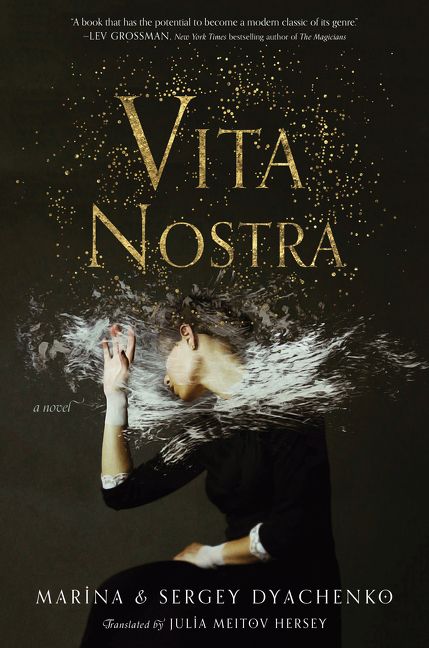
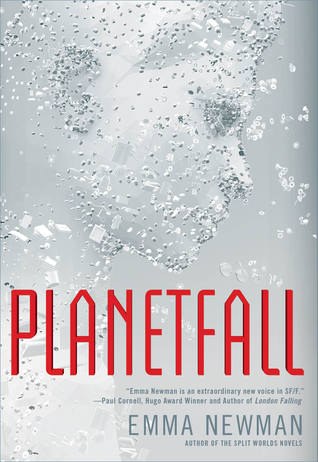
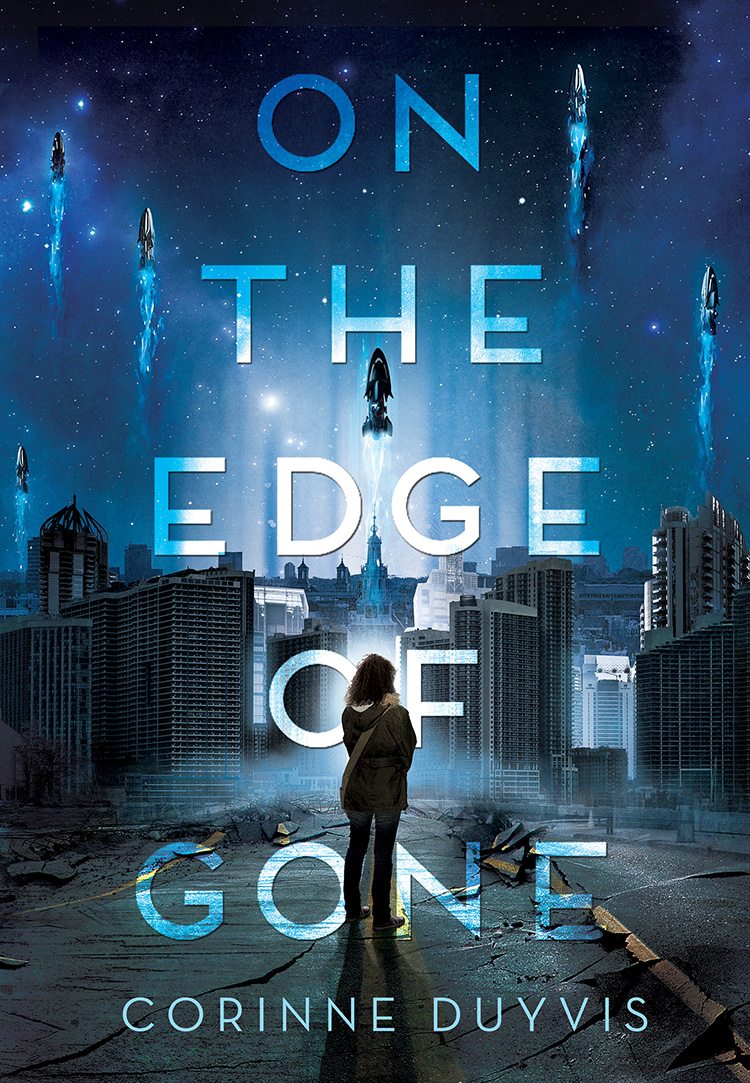
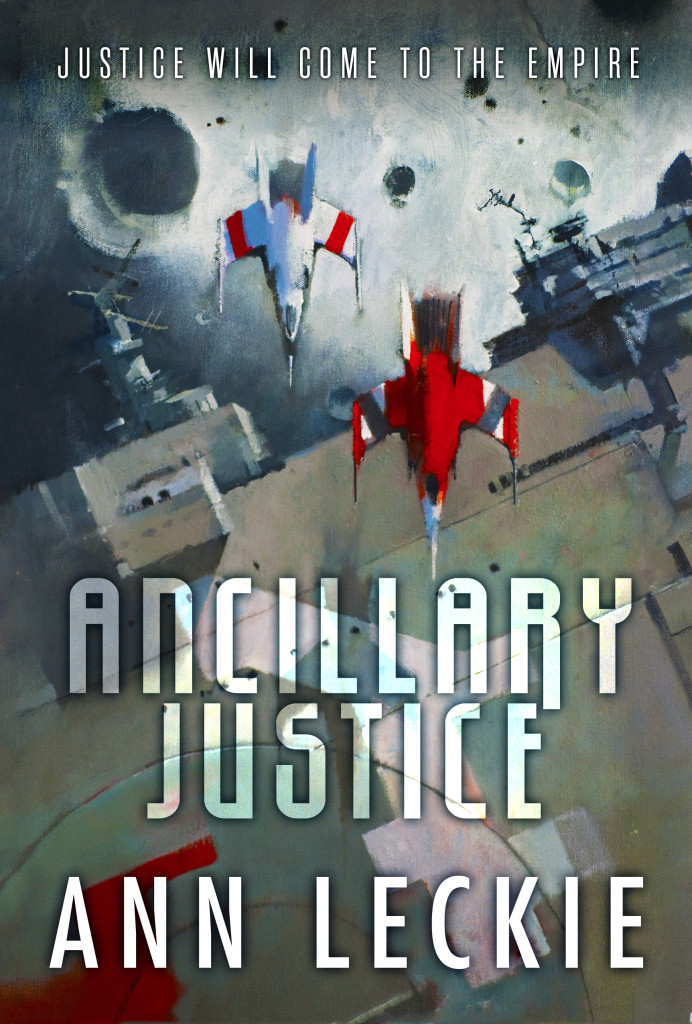
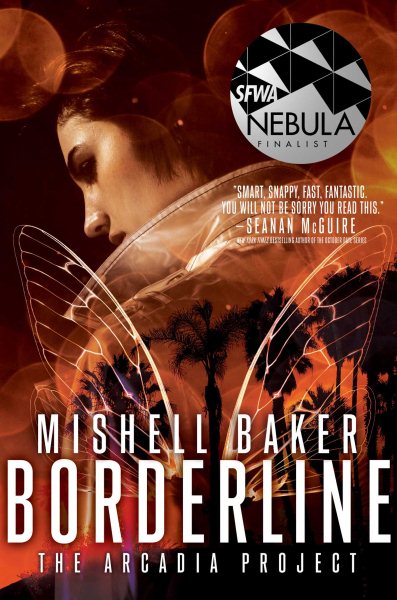
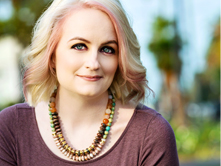
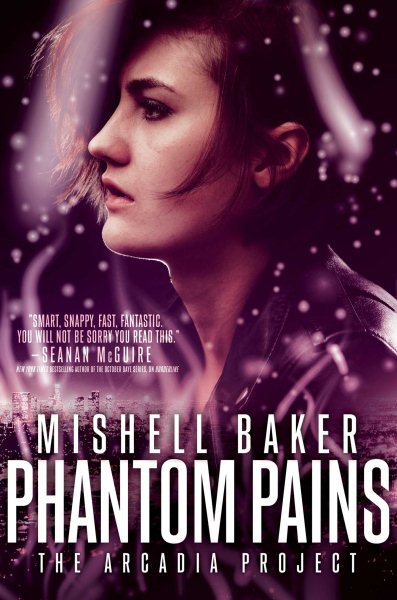
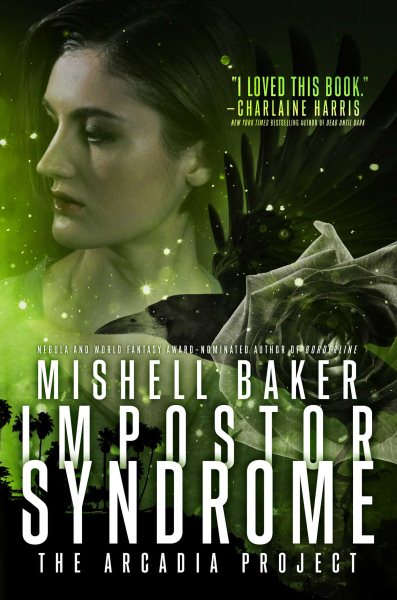
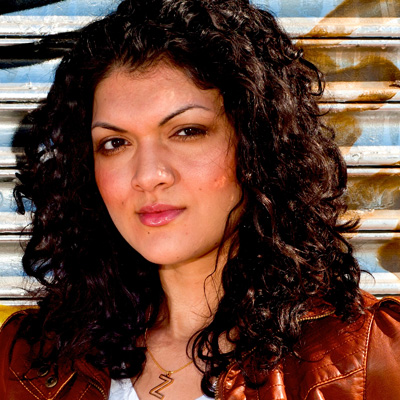
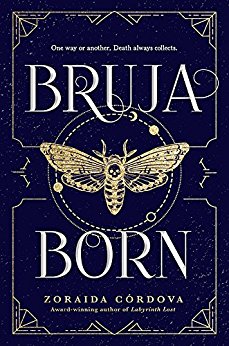
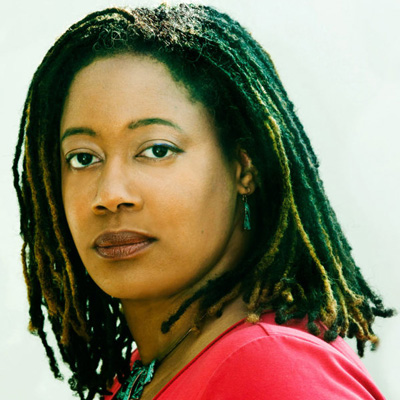
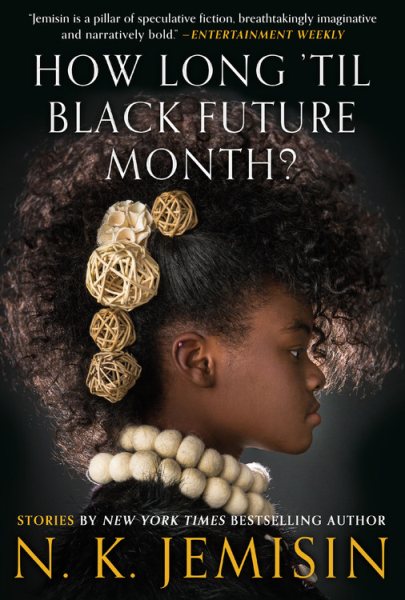
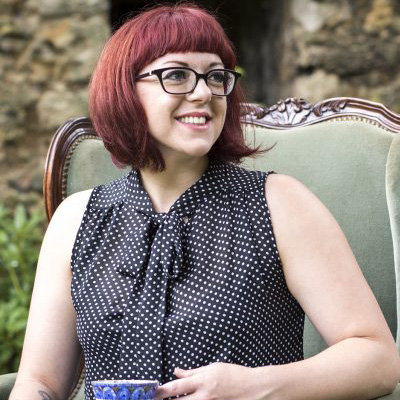
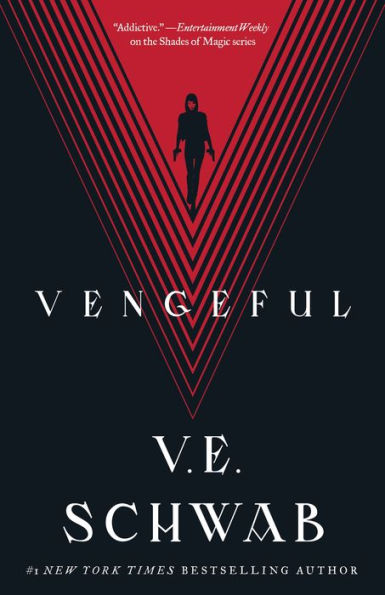
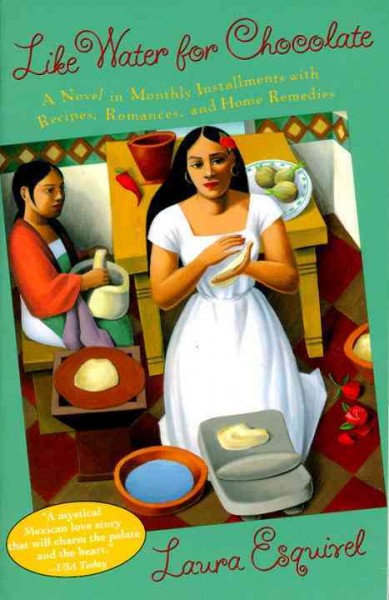
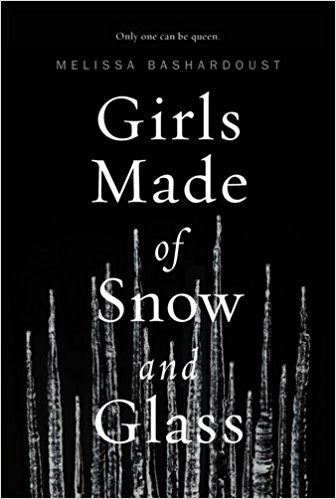
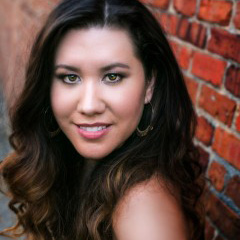
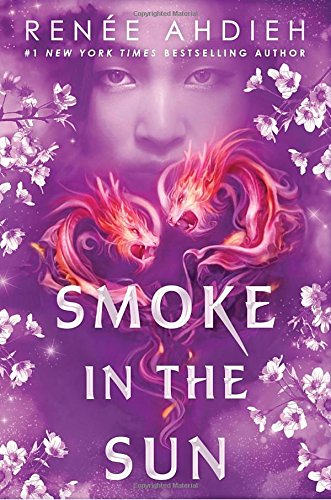
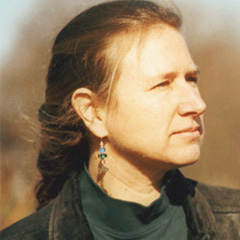

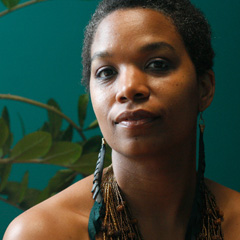
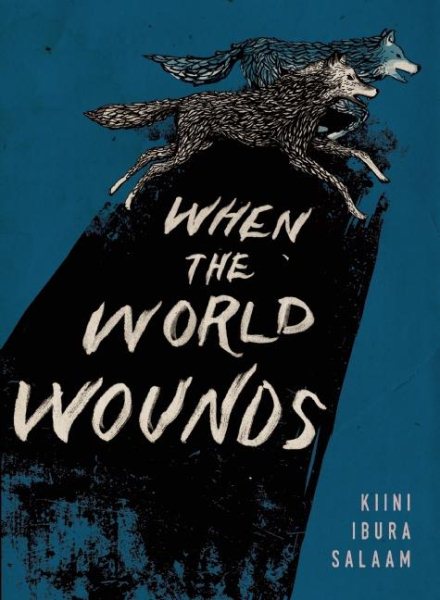
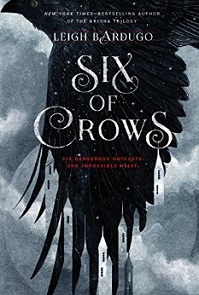



Connect with the Sirens community
Sign up for the Sirens newsletter